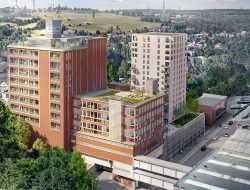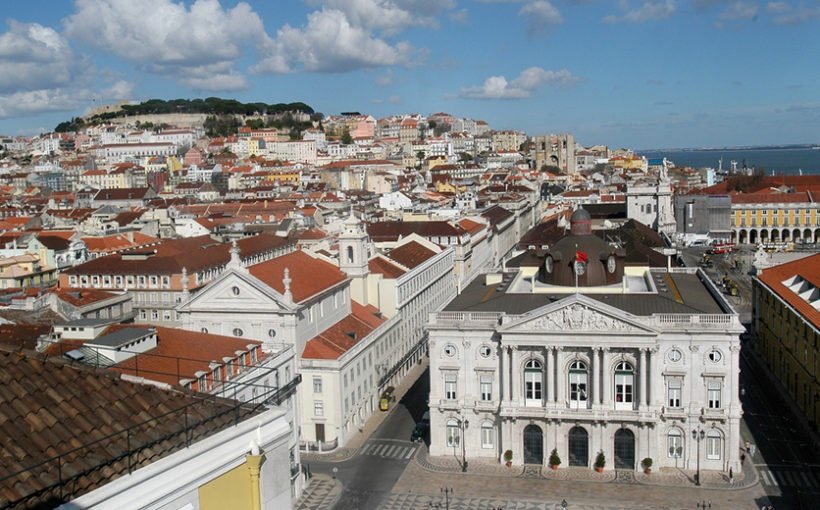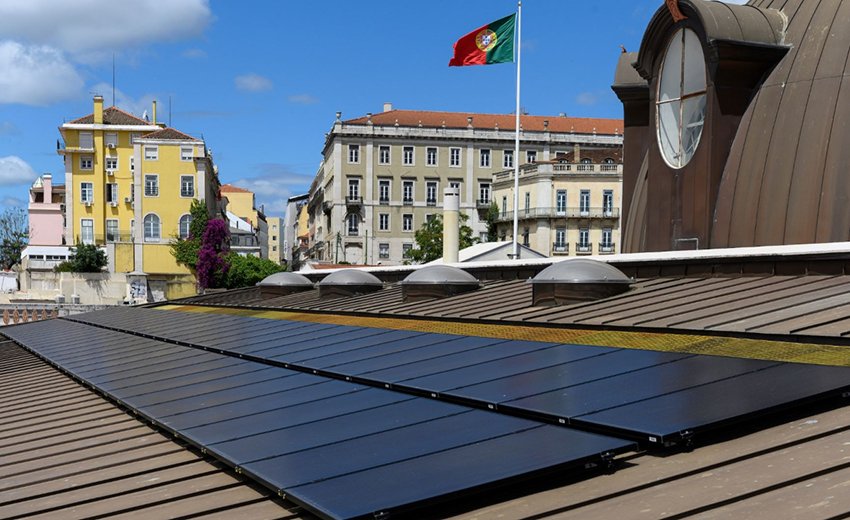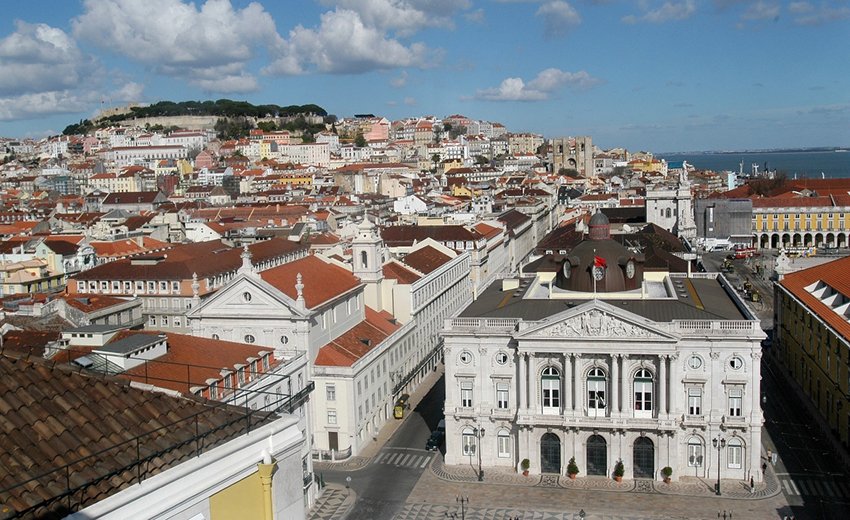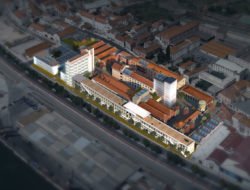Lisbon City Hall benefited from the European Sharing Cities plan, which allows public buildings to improve their energy performance while preserving their architectural and historical character.
Completed in 1880, this iconic building in the Portuguese capital began its energy reconversion in 2016. It is the only historic Portuguese building to have benefited from a sustainable renovation of such magnitude.
“Public buildings are often seen as difficult to rehabilitate“, says David Cunha, the city’s information technology and digital transformation advisor. Especially because a non-residential building consumes an average of 40% more energy. Thanks to the Sharing Cities programme, the renovation of the city hall will have a global impact. We will learn from this experience for our future energy policies.”
36% savings
The performance achieved by the Lisbon City Hall makes this a perfect example in the context of Portugal’s participation in the European Green Capital programme. Lisbon is the European Green Capital in 2020, a title it shares with Cornellà de Llobregat (Spain) and Horst aan de Maas (Netherlands).
Among the used techniques, a sustainable and computerised management system that optimises the energy network and reduces consumption, the overall use of LEDs, and the installation of a photovoltaic system on the roof. This update reduces the energy bill of the building by 36% (it was part of the top five of most energy-intensive city buildings).
The significant savings achieved in Lisbon will serve as a model for other cities facing the same type of challenge: managing to renovate historic buildings in a sustainable and environmentally responsible manner while maintaining their spirit and character.
The Sharing Cities Plan uses open-source solutions to improve the sustainability of cities, the well-being of citizens and the development of smart cities, with an emphasis on international collaboration between communities and industry. The project receives 24 million euros in funding from the European Union’s Horizon 2020 Research and Innovation Programme.
Details of the Sharing Cities project:
http://nws.eurocities.eu/MediaShell/media/SharingCitiesLeaflet_FR_final_web.pdf
Tags: European Union, Horizon 2020 Programme, Lisbon, Sharing Cities



















